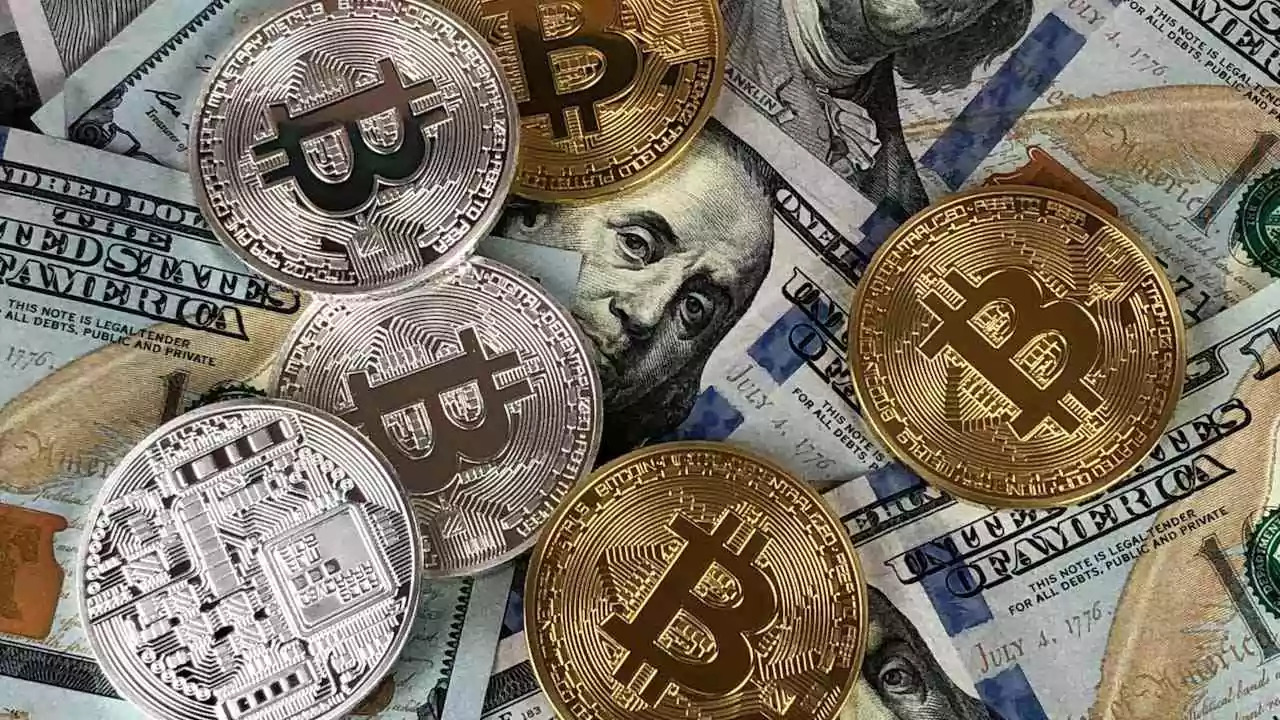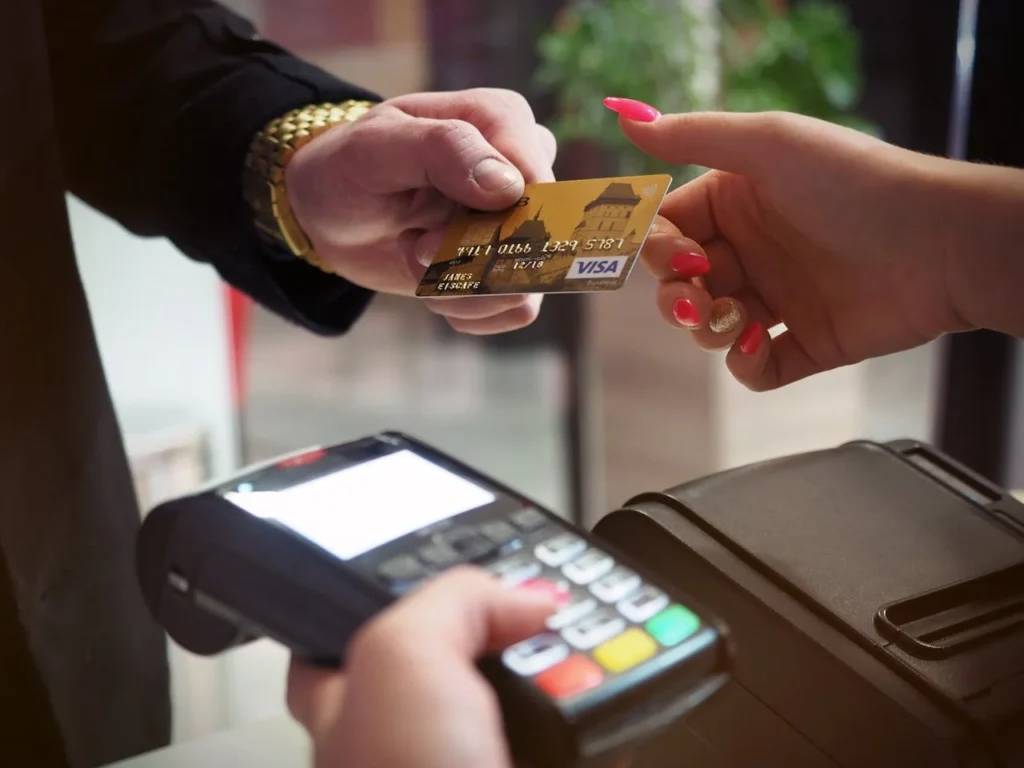Science
The Sun Faces Doom: Webb Telescope Captures a Haunting New Image
05 January 2026

Greater security and confidentiality of transactions, increased availability of financial services, reduced inflation, widespread participation in social programs? Or rather is it common control of every payment, goodbye to anonymity, high threat of cyber attacks, limitation of saving and accumulating assets, loss of validity of money held? The dispute over the advantages and disadvantages of digital currency continues. The fear of the risky consequences of the monetary experiment is increasingly staring people in the face.
US dollars from half a century ago are valid – people can still pay with them in stores. The older bills can also be exchanged in the bank, even if they are 150 years old. The collector’s value of these is usually higher than the nominal. A serious and strong state takes its commitments in earnest.
Modern concepts of digital money break with one of the monetary dogmas, which is practically unlimited validity. A digital currency issued by central banks could have an expiration date, after which it would become electronic garbage. This would give governments of individual countries unimaginable control over every aspect of citizens’ lives.
Why introduce a digital currency, when most of us already pay cashless anyway? Digital money, however, is a different thing. CBDC (Central Bank Digital Currency) is a new form of national currency, introduced or considered for introduction by central banks. Digital money is to appear alongside commonly used bills and coins in the form of electronic records available for financial institutions in central bank accounts.
Today, we pay with cards usually using the funds accumulated in our bank accounts. It is the same type of money as cash. We also collect it in the bank and we can take it from there. It is counted among the so-called monetary aggregate M1, which contains all coins and bills in circulation and deposits in banks and financial institutions payable on demand, i.e. current deposits.
We recommend: The Price of Money: Life on Credit
Records of payments made by us are stored in the bank and protected by banking secrecy, which, in Poland, is the implementation of Article 47 of the Constitution. It guarantees the right to protection of private information. The secrecy may be disclosed in strictly defined situations, for example, at the request of a court, prosecutor, or counterintelligence and fiscal services. As a rule, information about how much money we have or what we spend it on, as well as how much debt we have and how we pay it back is secured.
The introduction of central bank digital money will fundamentally change this situation. Information about all transactions made in this way will be recorded in collective registers at the national level, and with time probably European or global. The central bank will know everything about our financial activity. It will be able to monitor our every smallest purchase, loan, and investment. Of course, it is supposed to pick up on mistakes as well.
Are the proponents of digital money aware of the presented risks? Theoretically yes, but they focus on advantages to the financial system, governments and states, leaving the perspective of individual citizens on the sidelines. More than 130 countries worldwide are currently conducting analytical work on digital currencies of central banks, and 20 are in the preparation phase for the pilot program (including the European Central Bank – ECB).
ECB analysts argue that such virtual money is supposed to adapt payment systems to the digital economy. Thanks to it, the high costs of international transactions, reaching up to 5-6% of the amount sent, will be reduced. The problem of growing interest in statutorily unregulated cryptocurrencies, today, about 4% of EU citizens have them, will be solved to a large extent.
In addition to improving the efficiency of transactions, including their acceleration and increasing the availability of financial services, digital money is supposed to be more secure. It is meant to reduce theft risk and make fraud more difficult. Moreover, it is due to enable central banks to monitor and control payments, which may facilitate the fight against financial crimes, such as money laundering and terrorist financing. It will also pose an effective tool of monetary policy, for controlling inflation, among others, affecting the supply and demand of money. And there’s one social argument, easy on the leftist circles’ ear – digital currency can easily be used for transferring funds directly for social needs or in crises.

Even from a macroeconomic point of view, there are many scratches on this optimistic vision. The introduction of digital money will change the way of functioning of the banking sector, posing a threat to its stability. Due to the much smaller number of transactions, its financial results will deteriorate, which will cause the lower availability of credits and the lack of funds for investments. This may shake the economies of entire countries and regions.
Legislative problems related to changes in a range of regulations and technological ones, for example, costly and time-consuming infrastructure construction also occur. The aforementioned argument of the security of our data and concerns about privacy violations also return. It is difficult to imagine how colossal effects a successful cyber attack could have on systems related to the support of digital currency.
Zeal in preparing for the introduction of digital money must take into account the public mood. In Europe, concerns about the safety of this operation are significantly lower than in the United States. Only one in three economic experts from the eurozone countries are skeptical about the changes, while in Central and Eastern Europe it is already more than half. In the USA, where citizens value freedom of choice more, as many as 76% prefer to keep their spending anonymous, and only 24% of the population would accept restrictions in this field, even if it were to reduce illegal practices in the economy.
We recommend: Five Reasons to Have Children
First experiences with the functioning of digital money tend to multiply doubts rather than resolve them. A major economy that has introduced this system is China. The origins of e-yuan date back to 2014. The authorities there quickly started collecting and using a huge amount of information about citizens, far beyond the list of payment transactions. The system has served surveillance. They have linked shopping data, personal and health information, and travel history. A so-called carbon footprint limit, per Chinese, has been introduced. Once it is exceeded, no further transaction can be made. The “social credit” principle cuts off from the services the citizens who, for example, have not paid their traffic tickets on time.
It would seem that similar privacy breaches are not possible in Europe or North America, and yet… they did happen even though digital money has not yet been introduced. During the COVID-19 pandemic, in 2022, Canadian authorities, using the Emergencies Act, blocked farmers’ bank accounts protesting against restrictions. “I couldn’t make any electronic transfers, I couldn’t pay my bills online,” one of the strike participants told the Western Standard in an interview. Cash became the only rescue. This experience has significantly influenced the perception of digital money by Canadians. Currently, as many as 86% of the country’s population opposes such a solution.
The practice of top-down imposed limits in spending one’s own, honestly earned money raises specific emotions. In the Bahamas, where the digital currency is being tested, consumers can only have BSD$ 5,000, with a monthly spending limit of BSD$ 10,000. In Nigeria, a government pilot program promoting cashless payments has caused street riots and has destabilized the country’s financial system. Citizens demand an increase in the limits of withdrawals from ATMs, which at one point were on the level of 20,000 nairas, i.e. the equivalent of US$ 16 per day.
Digital money can therefore be used to punish disobedient citizens, control and discipline them, and enforce certain behaviors. In addition, the issuer of the currency, i.e. the central bank, can set negative interest rates (the resources held would systematically decrease) and the term of their validity (which would prompt forced consumption that artificially supports production).
The issue of digital currency has gone beyond the academic discussions of economists and bankers. It is slowly becoming a political problem, an increasingly burning one at that. Despite pressure from the US federal authorities, individual states are trying to block the introduction of digital money, explaining it with the risk of losing privacy.
The Florida administration has already regulated this issue, and work on it is ongoing in South Dakota, among others. This has already caused a slowdown in the attempts of digital dollar implementation, although Americans are still less zealous on this note than Europeans. Although the official page of the Council of the European Union reports that, admittedly, the preparatory and experimental phase for the digital euro began in October 2023, its launch does not necessarily mean that Europe’s virtual currency will be introduced!
Do these small steps backward mean abandoning the project? Not necessarily. However, they are certainly a confirmation that a lemming-like rush toward monetary digitization has been inhibited and compromise solutions will probably be worked out. Those, in which digital money will only complement the resources of cash remaining in circulation – both in the material shape of bills and coins and in the form we use while paying by cards. Finally, what investors have been repeating for years has reached policymakers: “Cash is the king.”
Translation: Marcin Brański


Truth & Goodness
04 January 2026

Zmień tryb na ciemny